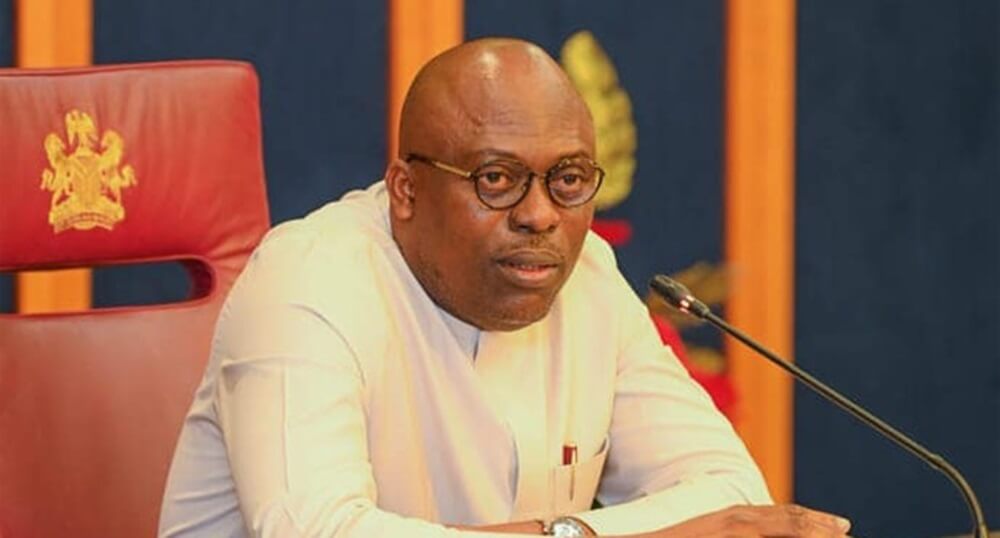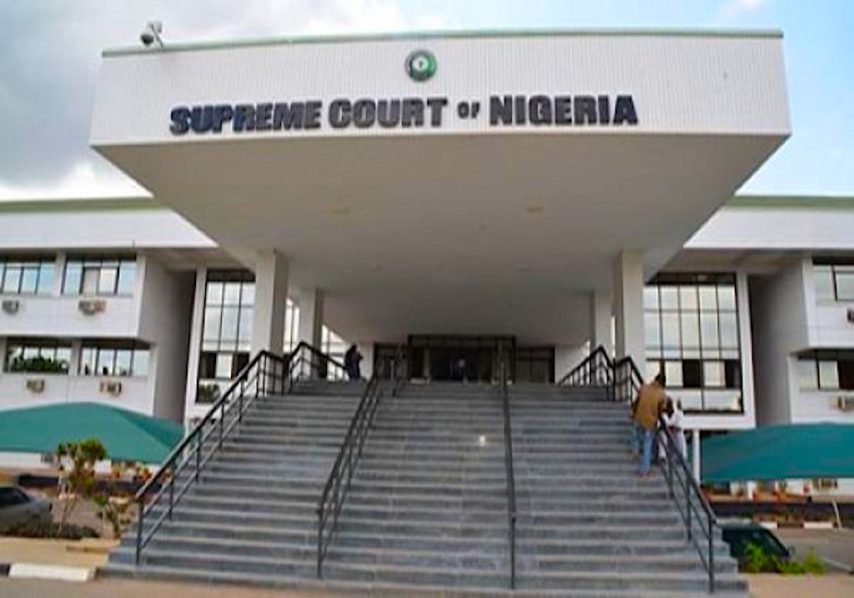Senator Monday Okpebholo of the All Progressives Congress (APC) has been confirmed as the duly elected Governor of Edo State following a unanimous ruling by the Supreme Court on Tuesday, July 2, 2025. The verdict brings an end to months of legal dispute initiated by the Peoples Democratic Party (PDP) and its candidate, Asue Ighodalo, who had challenged the outcome of the September 2024 governorship election.
A five-member panel of justices led by Justice Lawal Garba dismissed the PDP’s appeal, ruling that the opposition party failed to present convincing evidence to prove allegations of electoral malpractice in the election. Specifically, the court found that the PDP could only establish irregularities in 395 of the 4,519 polling units across the state, accounting for just 8.7% of the total. The justices also noted that much of the evidence presented was hearsay, as no presiding officers or polling unit agents were brought forward to testify.
The disputed election, held on September 19, 2024, had a registered voter base of 2.47 million, but only 657,000 voters were accredited to vote, reflecting a turnout of just 23.0%—the lowest since 1999. Of the 564,000 total votes cast, 539,322 were declared valid. Okpebholo secured 291,667 votes (54.1%), while Ighodalo received 247,655 votes (45.9%), giving the APC a margin of victory of approximately 8.2%.
Before the case reached the Supreme Court, the PDP’s petition had been rejected by both the Election Tribunal and the Court of Appeal. The tribunal ruled in April 2025 that the petitioners failed to provide admissible evidence, and the Appeal Court upheld that verdict in May, describing the case as lacking merit.
The Supreme Court’s decision further reinforces the judiciary’s growing insistence on direct and verifiable evidence in election petitions. Legal observers say the ruling underscores the need for political parties to strengthen their field monitoring and legal teams ahead of elections. PDP’s reliance on machine-generated data and unsigned documents without live witness support was seen as a critical flaw in their case.
The verdict also casts a spotlight on voter apathy and rising insecurity, particularly in rural areas such as Ovia and Orhionmwon, where turnout was notably low. Many analysts believe that fear of violence and a lack of trust in the electoral process contributed to the sharp decline in participation compared to previous election years.
For the APC, the court’s ruling not only validates its victory but also provides a judicial stamp of legitimacy on Okpebholo’s administration. His government is now expected to move swiftly on key development priorities such as infrastructure, agriculture, and security. On the other hand, the PDP is faced with the task of rebuilding its grassroots network and re-engaging disenchanted voters, especially the youth demographic in urban areas.
The low turnout and legal tussle have also reignited conversations around electoral reform. Civic groups and stakeholders are pushing for changes such as decentralized result collation, stronger voter education, and protections for election officials. There is a growing sense that without such reforms, future elections may continue to suffer from public disengagement and prolonged legal battles.
As political actors look ahead to the 2027 general elections, the outcome in Edo will likely influence campaign and legal strategies across Nigeria’s southern states. The ruling serves as a reminder that winning the ballot is only half the battle—winning in court requires airtight evidence and meticulous preparation. For now, the APC’s grip on Edo remains firm, while the PDP returns to the drawing board.





